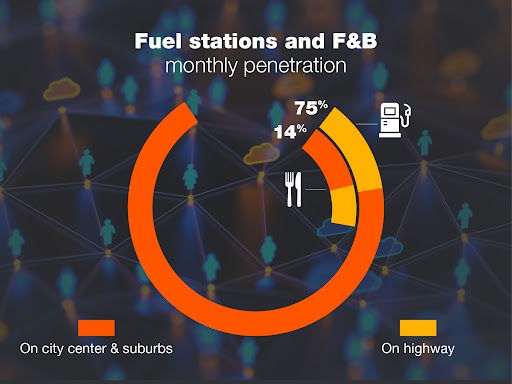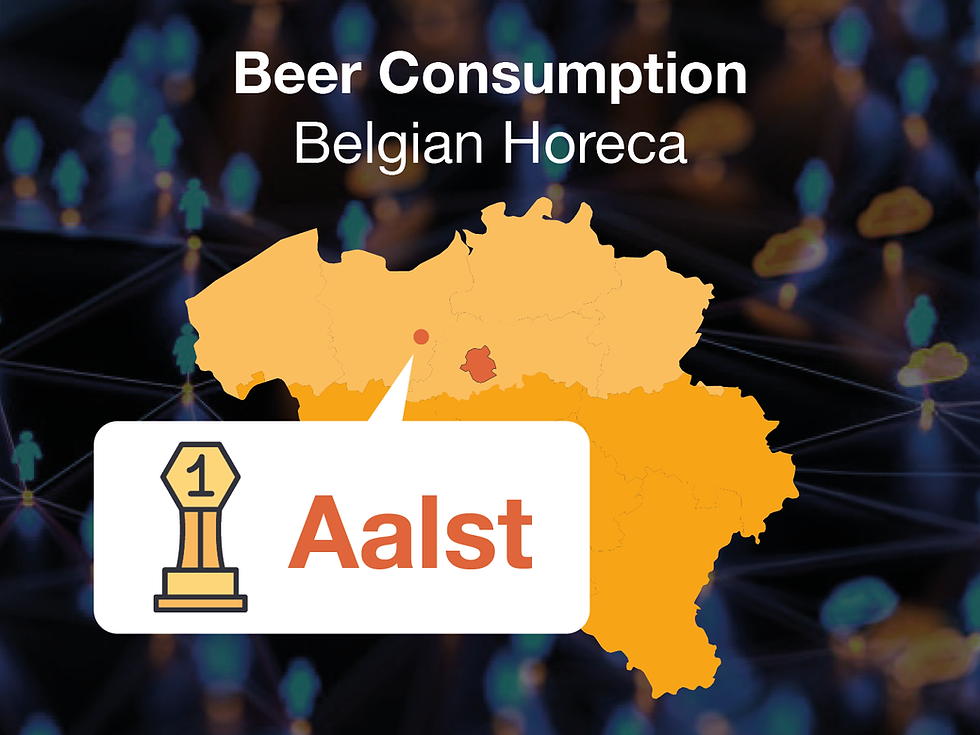IPA, an outlaw beer style?
- François Remy

- Aug 21, 2025
- 3 min read
Faced with the continued popularity of India Pale Ale (IPA), this type of beer that is hoppier than others, the question arises of the trade name and what it could hide from consumers.

Since " the deal that shook the craft beer world " in 2011, namely the acquisition by the Belgian-Brazilian giant AB InBev of this Chicago microbrewery, Goose Island, renowned for its IPA, the popularity of this drink with its characteristic bitterness has continued to grow.
This hop-heavy brewing method, invented in England to make barrel contents withstand long voyages to the colonies, has recorded a compound annual growth rate of 9% over the past five years. "Pale India beers" still dominated other varieties, with one in three market launches worldwide being dedicated to them.
Faced with this visibly immoderate taste for IPA, federal MP Irina De Knop (Open VLD), accustomed to public health issues, recently looked into the phenomenon. She wrote to the Minister of Employment, Economy and Agriculture about the legal framework for the production and naming of these specific beers. Is it surprising to see political decision-makers discussing a good head of beer? From a consumer's perspective, the parliamentary question is not without interest.
No criteria or minimum requirements
In these times of serious health concerns, linked to PFAS and additives, the risks of alternatives to sugar and other plastic nanoparticles, knowing whether or not a beer must meet certain production conditions seems rather legitimate.
But, in this case, the beer would remain cloudy. "The use of the trade name IPA or Indian Pale Ale is not specifically regulated. The Royal Decree of 31 March 1993 concerning beer (AR beer) does not contain a definition of IPA. There is also no specific European legislation on this subject," Minister David Clarinval (MR) said in response.
In the absence of a specific, legally defined name, the sale of the product is then subject to general European regulations concerning food information. In essence, API drinkers must not be misled regarding the characteristics of the food, and in particular the nature, identity, qualities, composition, method of manufacture or production.
"When a beer is sold under the name IPA, it must meet consumer expectations in this regard: a slightly more bitter beer with a higher hop content," summarizes the Federal Minister of Economic Affairs, thereby excluding table beer, spontaneously fermented beer (gueuze or lambic) or fruit beer, which must bear their specifically prescribed sales name.
Theoretical control
The logical outcome of this situation is the question of monitoring. "Are the ingredients of IPA beers monitored?" MP De Knop asked the minister, hoping to obtain statistics that would allow her to verify whether any violations have been detected and appropriate sanctions imposed.
Clearly, Minister Clarinval was unable to provide him with the required information. In return, he explained to him the procedure theoretically in place and potentially followed: either an operator who is the subject of an investigation by the Economic Inspectorate and for whom infractions are noted may receive a warning with an obligation to regularize the situation or a report.
"The penalties for deceiving consumers regarding food products consist of a criminal fine of up to 10,000 euros or up to 4% of the total annual turnover of the last closed financial year," the minister explained.





